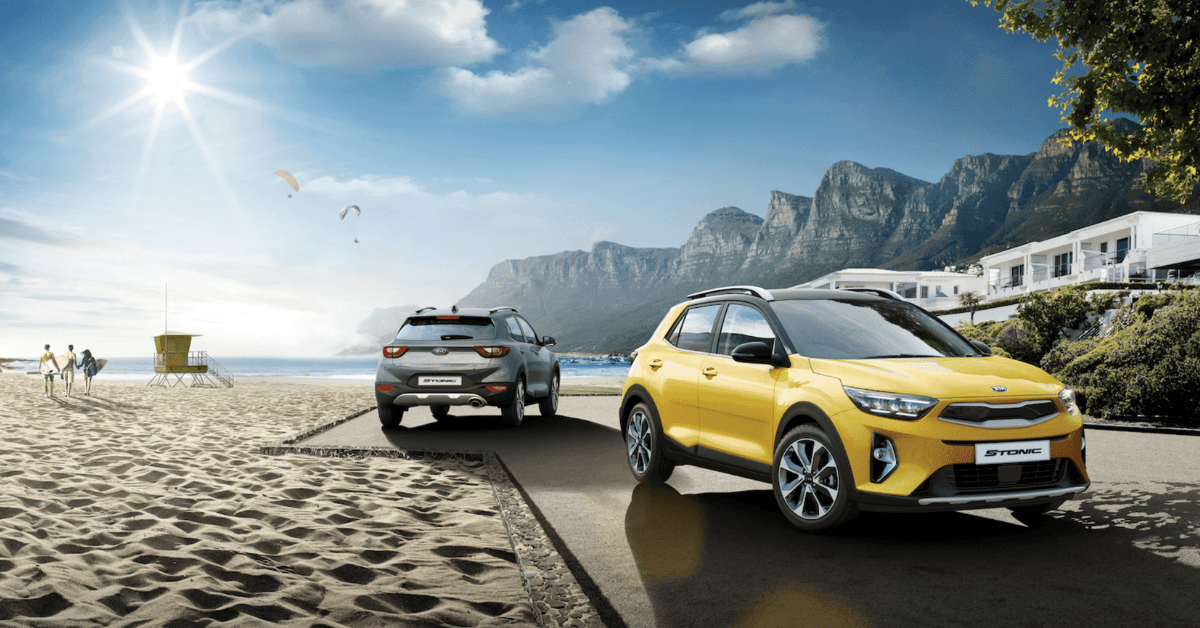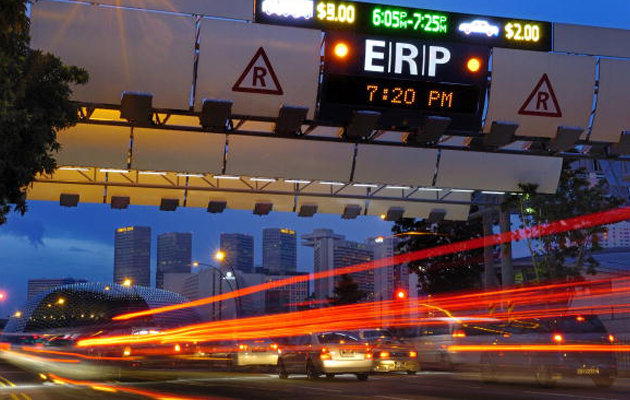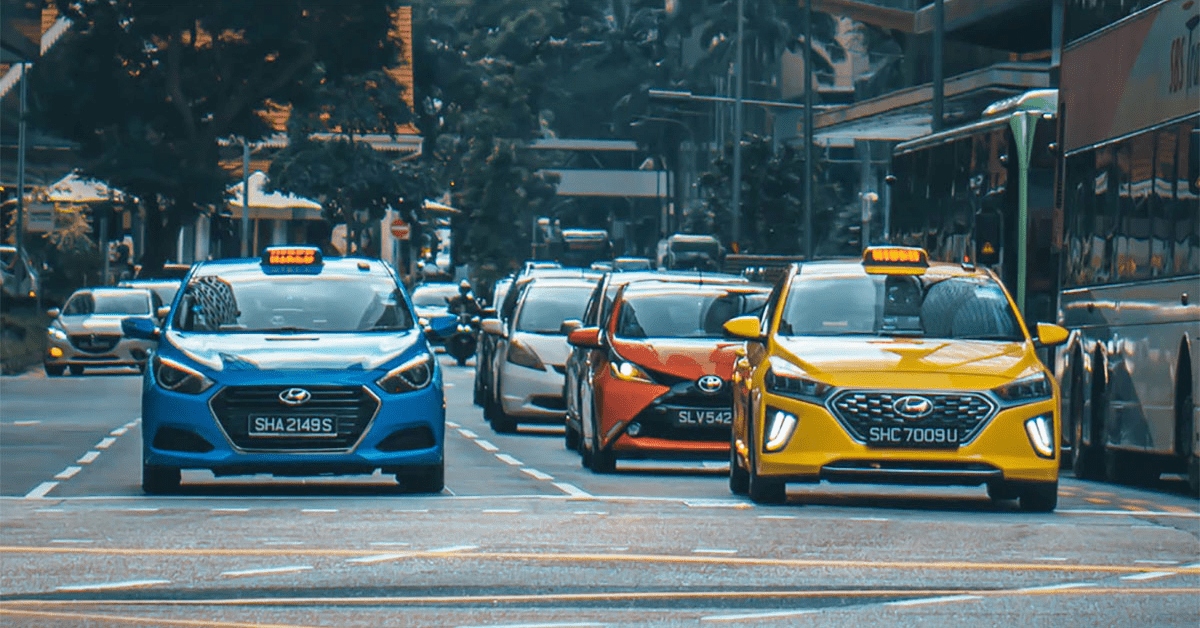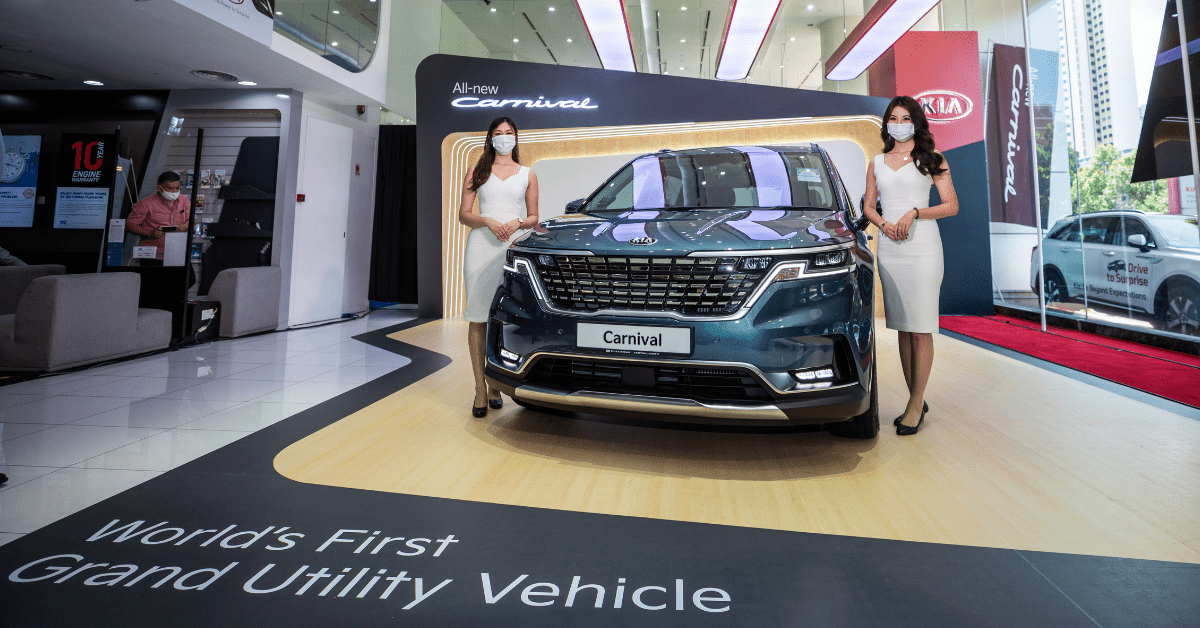The idea of a driverless car has long held great fascination by many. From the 1920s, “phantom autos” were driven on the streets in demos across the United States, to the amazement of many spectators. These cars, however, were not truly “driverless,” as they were operated by remote control.
Today, self-driving cars are fast becoming a reality, and not just in the United States. Earlier this month, Delphi Automotive announced that it will launch a fleet of six automated taxis in Singapore next year. Elsewhere, NuTonomy, which develops software for self-driving cars, has raised US$16 million in series A funding, backed by EDBI, the dedicated corporate investment arm of the Singapore Economic Development Board. The startup is on track to commercially launching its fleet of autonomous taxis in Singapore by 2018.
How do driverless vehicles work?
nuTonomy’s cars operate using a combination of algorithmic software that employs fleet management, partially culled from work on U.S. military drone management systems. The nuTonomy cars will also use LIDAR to detect cars on the road as well as stationary objects.
How will driverless vehicles benefit Singapore?
Without the need to pay drivers, they should be cheaper than existing Uber and taxis. These are also electric cars, manufactured through partnerships with automakers, which produce lower levels of greenhouse gas emissions than conventional vehicles do. These features are in line with the government’s goal to turn Singapore into a ‘car-lite’ city by the end of the decade. With rapid developments in Singapore’s public transport system, the government is aggressively tackling land constraint issues by providing various alternatives to cars as a means of transport.
Will driverless taxis put public-transit operators out of work?
Addressing the concern that such efforts might put human workers, such as regular taxi drivers and even Uber drivers, out of work, co-founder Emilio Frazzoli expressed doubts that it would have any local effect. He contends that there is a lack of supply of bus drivers willing to work night shifts. Further, Uber itself has made no secret of its ambitions to one day do away with drivers via autonomous vehicles.
With the current controversy surrounding Elon Musk and Tesla, we don’t know whether the public will be receptive of these changes that the government is heavily investing in in its bid to turn Singapore into a car-lite city. Such a huge overhaul of the way people commute in Singapore will definitely raise skepticism from critics, but for now, it seems like only time will tell.




